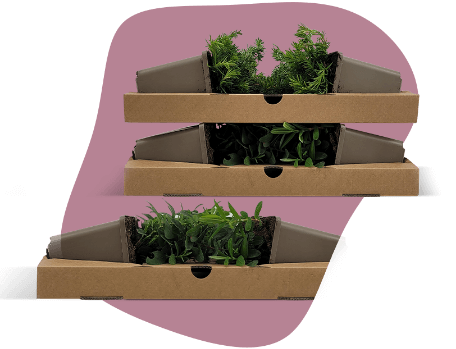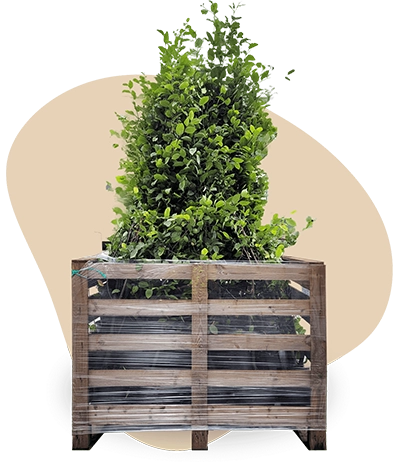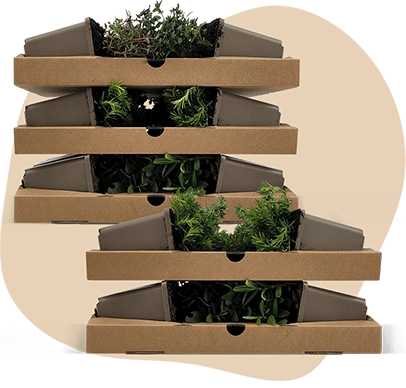Description
Picea glauca 'Conica Perfecta' | White spruce
The Picea glauca 'Conica Perfecta', commonly known as the white spruce, presents a remarkably symmetrical, conical shape that enhances any landscape design. This evergreen shrub is admired for its consistent blue-green foliage that maintains its luster through all seasons. Perfect for both traditional and contemporary gardens, the 'Conica Perfecta' variety stands out due to its compact growth and versatility.
With its ability to thrive in a range of soil types when provided adequate drainage, and its resilience in both sun and partial shade, it is a superb choice for gardeners seeking a low-maintenance yet visually impressive plant.
Key Features
- The Picea, with its upright growth habit, reaches an ultimate height of approximately 2.5 meters, making it an excellent choice for borders, group planting, or as a singular focal point.
- As an evergreen, it provides year-round interest and structure to the garden, with foliage colors that transition from a lovely blue in spring to a deep, consistent green throughout summer, autumn, and winter.
- It is not fruit-bearing and does not produce a noticeable fragrance, making it an ideal plant for those who prefer visual appeal without additional sensory elements.
- The plant's water needs are average, meaning it requires consistent moisture but is not overly demanding in terms of irrigation.
Tips
- To ensure the health and vitality of the Picea glauca 'Conica Perfecta', water the plant regularly, especially during dry spells, as it is not drought resistant.
- Although adaptable to various soil conditions, providing well-drained soil will help prevent root rot and other moisture-related issues.
- Propagation of this species can be achieved through grafting or semi-ripe cuttings. For successful propagation, it is critical to use healthy plant material and practice precise techniques.
- If you are growing the 'Conica Perfecta' in a pot or planter, be attentive to watering needs, as container plants may dry out more quickly than those planted in the ground.


























